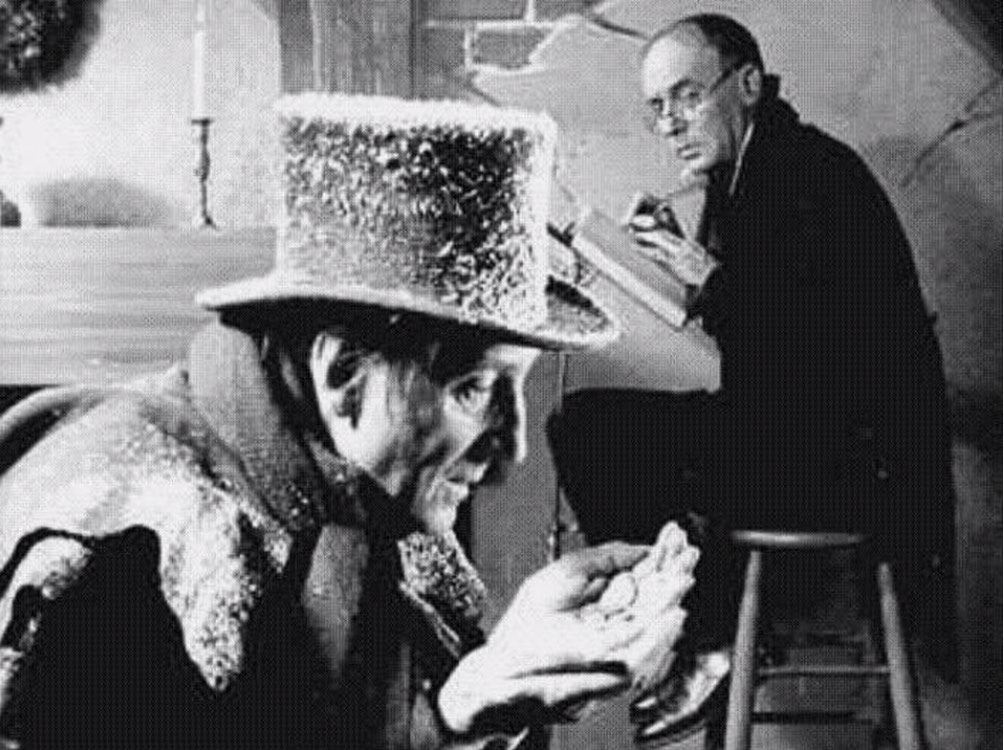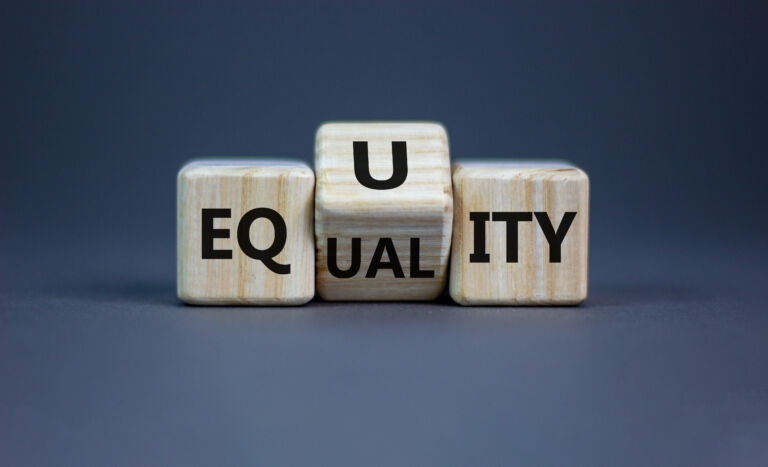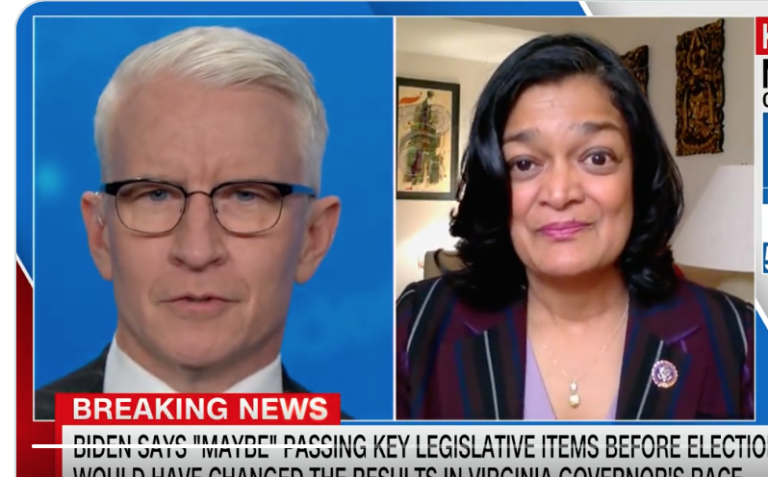Can you imagine being the kind of person who actually wants to make poor people poorer, deliberately, having convinced yourself you can make them so poor they’ll choose “properly”?
 That’s a lot to unpack. Let’s go over it again:
That’s a lot to unpack. Let’s go over it again:
- Make poor people even poorer
- On purpose; that’s actually your desired outcome
- Based on your theory: with less capacity to acquire things they want and need, poor people will have to give up what they want and choose the thing you want them to choose
If that’s your theory, intent, and desired outcome, then who’s your enemy? It has to be anyone or anything that thwarts your desired outcome — that makes poor people have more capacity to acquire things they want and need.
Consider the dollar store. It sells things to people at a discount. These things include food. What are we to think about this?
- Great. Choice is good. If poor people spend less on food and other staple items, then they have more money available to spend on other family needs. We don’t know people or their individual situations, so we can’t possibly know how helpful having more choices and greater buying power can be for them and their families.
- Terrible. Choice is bad. Inexpensive food is probably less healthy. It should be a crime to sell poor people less healthy food just because they have less to spend on food. We should take inexpensive food choices away and force the poor to spend more on food and less on other things for their own good. Maybe they’ll avoid making other choices we decide is bad for them too.
The right answer? They’re great. They help expand people’s choices and buying power. People are better off.
C’mon. This is not hard.
Well, who gets this answer wrong? John Trump’s Carolina Journal column on dollar stores finds:
Barry Popkin, a professor of nutrition at the University of North Carolina at Chapel Hill, added another bit of baloney to this imagined problem.
“If you could talk to the executives of dollar stores,” the reporter asked, according to the CBS story, “what would you say to them?”
“‘Shame on you. You’re killing America just so you can get richer.’”
Uh, what’s that now?
“Yeah. They have a model that is a brilliant model to make quick bucks off the backs of our health,” he said.
Popkin, who has rightly railed against Americans’ poor diets, said shelves at these dollar stores, the story says, include “rows and rows of sugary drinks, candies, and processed foods high in salt and fat.”
“It increases their risk of heart disease, mortality, cancer mortality, diabetes, obesity,” he said. “This is the worst food that they can be eating.”
Here’s another one. Former New York City mayor and current Democratic candidate for president Michael “Ban Food Donations After a Disaster” Bloomberg wants higher taxes on the poor to remove their purchasing power which he theorizes would force them to make healthier choices.
Some people say, well, taxes are regressive. But in this case, yes they are. That’s the good thing about them because the problem is in people that don’t have a lot of money. And so, higher taxes should have a bigger impact on their behavior and how they deal with themselves. So, I listen to people saying ‘oh we don’t want to tax the poor.’ Well, we want the poor to live longer so that they can get an education and enjoy life. And that’s why you do want to do exactly what a lot of people say you don’t want to do.
The question is do you want to pander to those people? Or do you want to get them to live longer? There’s just no question. If you raise taxes on full sugary drinks, for example, they will drink less and there’s just no question that full sugar drinks are one of the major contributors to obesity and obesity is one of the major contributors to heart disease and cancer and a variety of other things.
Oh, and there are several more. These are from Thomas C. Leonard’s Fall 2005 Journal of Economic Perspectives article on “Eugenics and Economics in the Progressive Era“:
Progressive economists, like their neoclassical critics, believed that binding minimum wages would cause job losses. However, the progressive economists also believed that the job loss induced by minimum wages was a social benefit, as it performed the eugenic service ridding the labor force of the “unemployable.”
Sidney and Beatrice Webb (1897 [1920], p. 785) put it plainly: “With regard to certain sections of the population [the “unemployable”], this unemployment is not a mark of social disease, but actually of social health.” “[O]f all ways of dealing with these unfortunate parasites,” Sidney Webb (1912, p. 992) opined in the Journal of Political Economy, “the most ruinous to the community is to allow them to unrestrainedly compete as wage earners.”
A minimum wage was seen to operate eugenically through two channels: by deterring prospective immigrants (Henderson, 1900) and also by removing from employment the “unemployable,” who, thus identified, could be, for example, segregated in rural communities or sterilized.
Read that last paragraph again and realize: it’s the same mindset. Essentially it’s arguing that by taking away purchasing power from poor people, they’ll have no other recourse than choose what you find politically desirable. It’s as fatuous as it is tyrannical.


